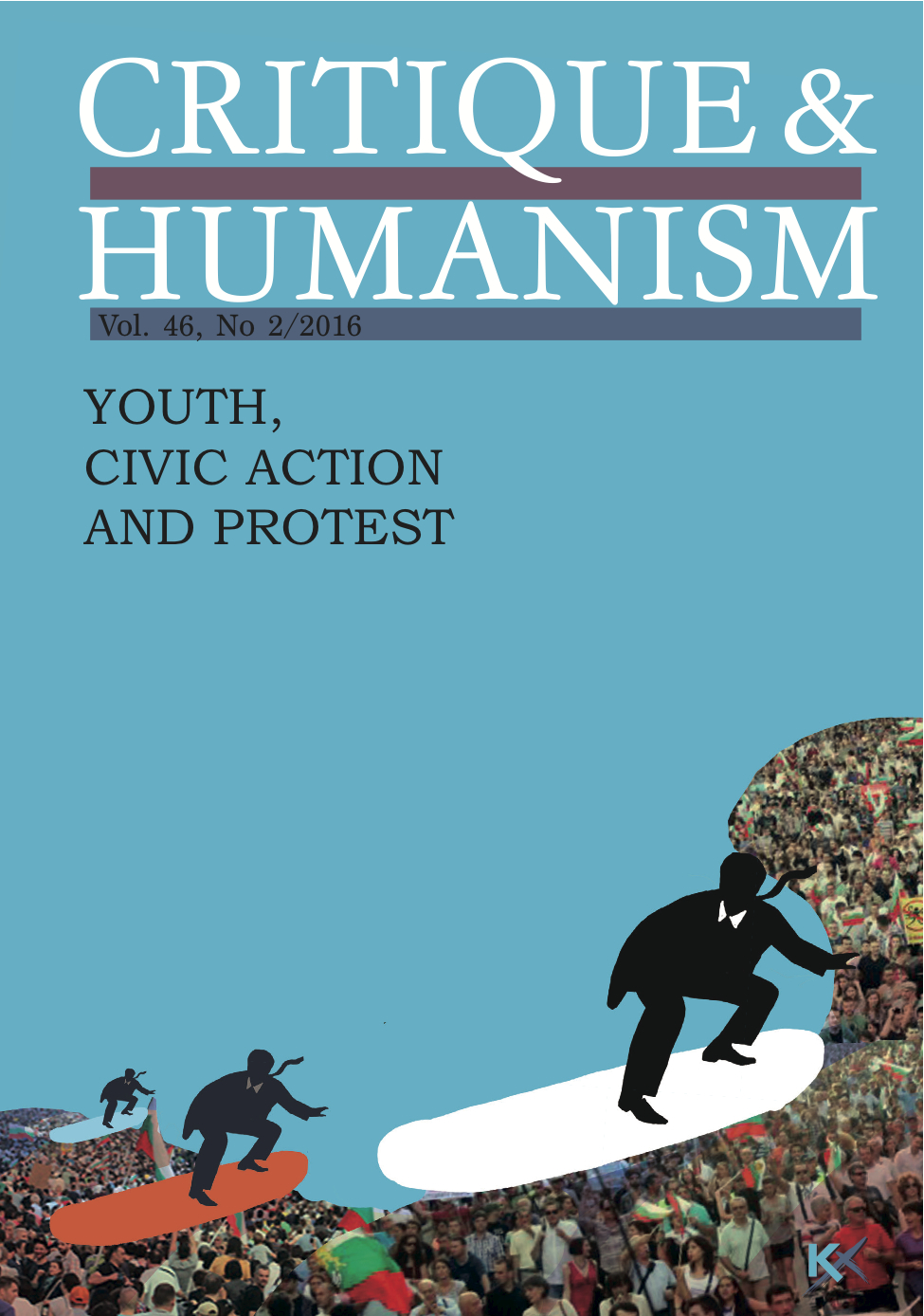Educational Justice as Respect Egalitarianism
Educational Justice as Respect Egalitarianism-
Author(s): Krassimir StojanovSubject(s): Education, Civil Society, Governance, State/Government and Education
Published by: Фондация за хуманитарни и социални изследвания - София
Keywords: educational justice; epistemic justice; luck egalitarianism; treshold egalitarianism; respect egalitarianism; recognition
Summary/Abstract: The goal of this paper is to identify and justify a normative principle that allows for an identifi cation of inequalities incompatible with educational justice. To reach that goal, three alternative versions of egalitarianism are discussed: luck egalitarianism, threshold (minimalist) egalitarianism, and respect egalitarianism. Respect egalitarianism can be closely linked to the model of epistemic justice, which was recently the subject of intensive, far-reaching discussions in the fi eld of philosophy of education. This paper argues that the approaches of both luck egalitarianism and threshold egalitarianism are inadequate to satisfy its aim. Luck egalitarianism entails the ‘bottomless pit problem’ that seems to be conceptually and politically unsolvable. Additionally, luckegalitarians tend to interpret education as a positional, distributive good whose primary value is extrinsic. This stance ignores that education is foremost concerned with the growth of knowledge – a non-positional good whose worth is primarily intrinsic. On the other hand, threshold egalitarians do not offer a conceptual means of discriminating between just and unjust educational inequalities that lie above the capability threshold required by individuals to participate in the political life of society and/or to live a life of dignity. The approach of respect egalitarianism avoids these shortcomings. According to this approach, the most crucial form of educational injustice is treating select groups of students with disrespect by disregarding their beliefs, experiences, ideals, and achievements, as well as their knowledge-ability. Educational injustice appears as a lack of both empathy and cognitive respect toward students. To overcome this educational injustice, educational institutions should design and implement forms of teaching that equally include the beliefs and experiences of all students. Teachers should use these beliefs and experiences as a point of departure for addressing academic classroom content. Social, economic, and knowledge inequalities between students would no longer be an issue of educational injustice if principles of respect in formal education were fully implemented.
Journal: Критика и хуманизъм
- Issue Year: 2016
- Issue No: 46
- Page Range: 249-260
- Page Count: 12
- Language: English
- Content File-PDF

